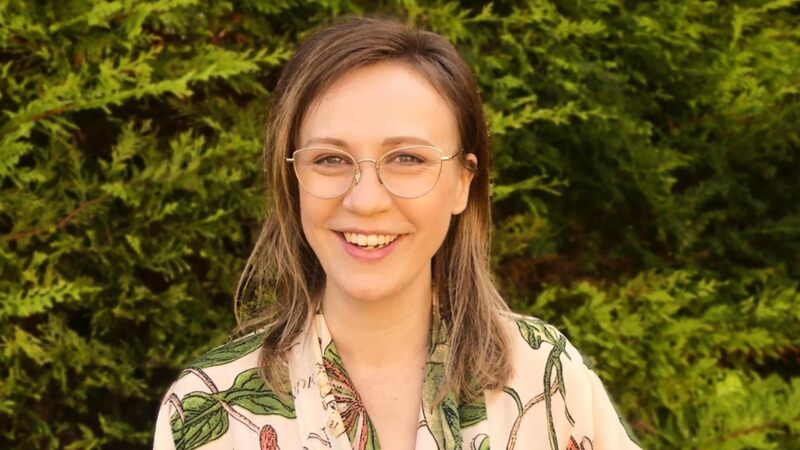You are viewing your 1 free article this month. Login to read more articles.
Philip Pullman condemns publishers who 'steamroller' authors
Philip Pullman has joined in the debate over author earnings, saying writers could soon be "an endangered species" if publishers fail to deliver on fairer terms.
Equating the publisher–author relationship to that of "the streamroller to the ant", he told the Guardian that authors were operating in a "savage and hostile" landscape in spite of the fact that publishers - whose "editorial standards are not what they were", in Pullman's view - have "no creative power whatsoever".
As outlined in an open letter by the Society of Authors (SoA), of which Pullman is president, publishers were asked on Tuesday (5th January) to "treat authors more equitably" by reforming their contracts, else risk that "the professional author will become an endangered species" while society at large is "left with less and less quality content".
The letter, addressed to members of the Publishers Association (PA) and Independent Publishers Guild (IPG), was issued as part of an international collective call to action, with the Authors Guild in the US sending an similarly worded open letter to the Association of American Publishers in tandem.
Both organisations advocate that authors should receive "at least 50% of e-book revenue, not a mere 25%" as well as more favourable terms in relation to non-competes, indemnities and royalties. When negotiating contracts, in particular, they ask publishers to refrain from "discriminating" against authors who don't have "powerful agents".
The letter is supported by the Authors Licencing and Collecting Society, The Writers' Guild of Great Britain and the Royal Society of Literature.
Pullman told the Guardian: "From our positions as individual creators, whether of fiction or non-fiction, we authors see a landscape occupied by several large interests, some of them gathering profits in the billions, some of them displaying a questionable attitude to paying tax, some of them colonising the internet with projects whose reach is limitless and whose attitude to creators’ rights is roughly that of the steamroller to the ant.
“It’s a daunting landscape, far more savage and hostile to the author than any we’ve seen before. But one thing hasn’t changed, which is the ignored, unacknowledged, but complete dependence of those great interests on us and on our talents and on the work we do in the quiet of our solitude. They have enormous financial and political power, but no creative power whatsoever. Whether we’re poets, historians, writers of cookery books, novelists, travel writers, that comes from us alone. We originate the material they exploit.
“We don’t want these great powers to disappear altogether: the things they do are often things that need doing. Books are physical objects that need to be manufactured and transported and sold, or digital entities that need to be formatted and made available online. Sometimes there are things we wish they would do a little more of: editorial standards are not what they were. All those things are necessary and should be rewarded – but rewarded fairly. So is our work, and so should we.”
Richard Mollet, outgoing chief executive for the Publishers Association, argued that the principle source of the problem was not in publishers' contracts but the result of "deeper market factors". He said: "With margins being squeezed across the whole supply chain, books facing increasing stiff competition from other media and entertainment sectors for consumers’ time, and there simply being more writers, as evidenced by the increase in the number registered with ALCS, the reasons for the decline in average author income are wide and varied.”
Likewise, acknowledging that its members operate in "a huge variety of markets with complex variables", Bridget Shine, the c.e.o of the IPG, said that, while authors were "central" to IPG members’ businesses, the IPG "does not involve itself in any aspect of publishers’ commercial negotiations". She added it would be "problematic to attempt to impose blanket terms and conditions" industry-wide.
Both organisations have offered to meet with the SoA to discuss the issues.















